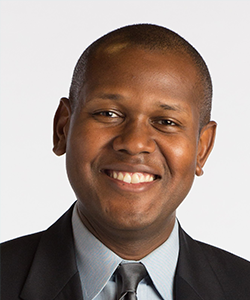
1–2 PM Eastern | 10–11 AM Pacific
Social Isolation, Loneliness and Dementia
>>> Important <<<
We have launched ASA's new webinar platform. Find helpful information about the platform here.
Register Now
Includes one complimentary Continuing Education (CE) credit.
Closed captions are available for live and on-demand courses within specific browsers. Click here to see how to access and turn on the browser setting. If you still need to request speech-to-text captioning during this event, please contact us at least 5 business days prior to the live webinar so we may accommodate your needs.
Studies show loneliness and social isolation are risk factors for cognitive decline. This course will cover validated tools to assess social activity and loneliness and provide intervention strategies to address social isolation and loneliness and reduce the risk of Alzheimer’s.
Participants in this webinar will be able to:
- List 6 or more modifiable risk factors for dementia.
- Summarize the link between social isolation, loneliness, and dementia.
- Identify interventions and strategies to address social isolation and loneliness with a special focus on adults ages 45 and older.
- Participants will be able to identify special considerations for high-risk populations.
Presenter:
 Thomas K.M. Cudjoe, MD, MPH, is the Robert and Jane Meyerhoff Endowed Professor, assistant professor of Geriatric Medicine and Gerontology at the Johns Hopkins School of Medicine. Dr. Cudjoe co-directs Medicine for the Greater Good and the Division of Geriatric Medicine and is Gerontology’s director for Community Engagement. He leverages community-based strategies, mixed-methods and human-centered design to understand and address social isolation. Dr. Cudjoe also serves on the Scientific Advisory Council for the Foundation for Social Connection and as co-lead to the Stakeholder Core for the Johns Hopkins Artificial Intelligence and Technology Collaboratory for Aging Research. His work has been featured in the New York Times, Wall Street Journal, NPR, and on Good Morning America.
Thomas K.M. Cudjoe, MD, MPH, is the Robert and Jane Meyerhoff Endowed Professor, assistant professor of Geriatric Medicine and Gerontology at the Johns Hopkins School of Medicine. Dr. Cudjoe co-directs Medicine for the Greater Good and the Division of Geriatric Medicine and is Gerontology’s director for Community Engagement. He leverages community-based strategies, mixed-methods and human-centered design to understand and address social isolation. Dr. Cudjoe also serves on the Scientific Advisory Council for the Foundation for Social Connection and as co-lead to the Stakeholder Core for the Johns Hopkins Artificial Intelligence and Technology Collaboratory for Aging Research. His work has been featured in the New York Times, Wall Street Journal, NPR, and on Good Morning America.

